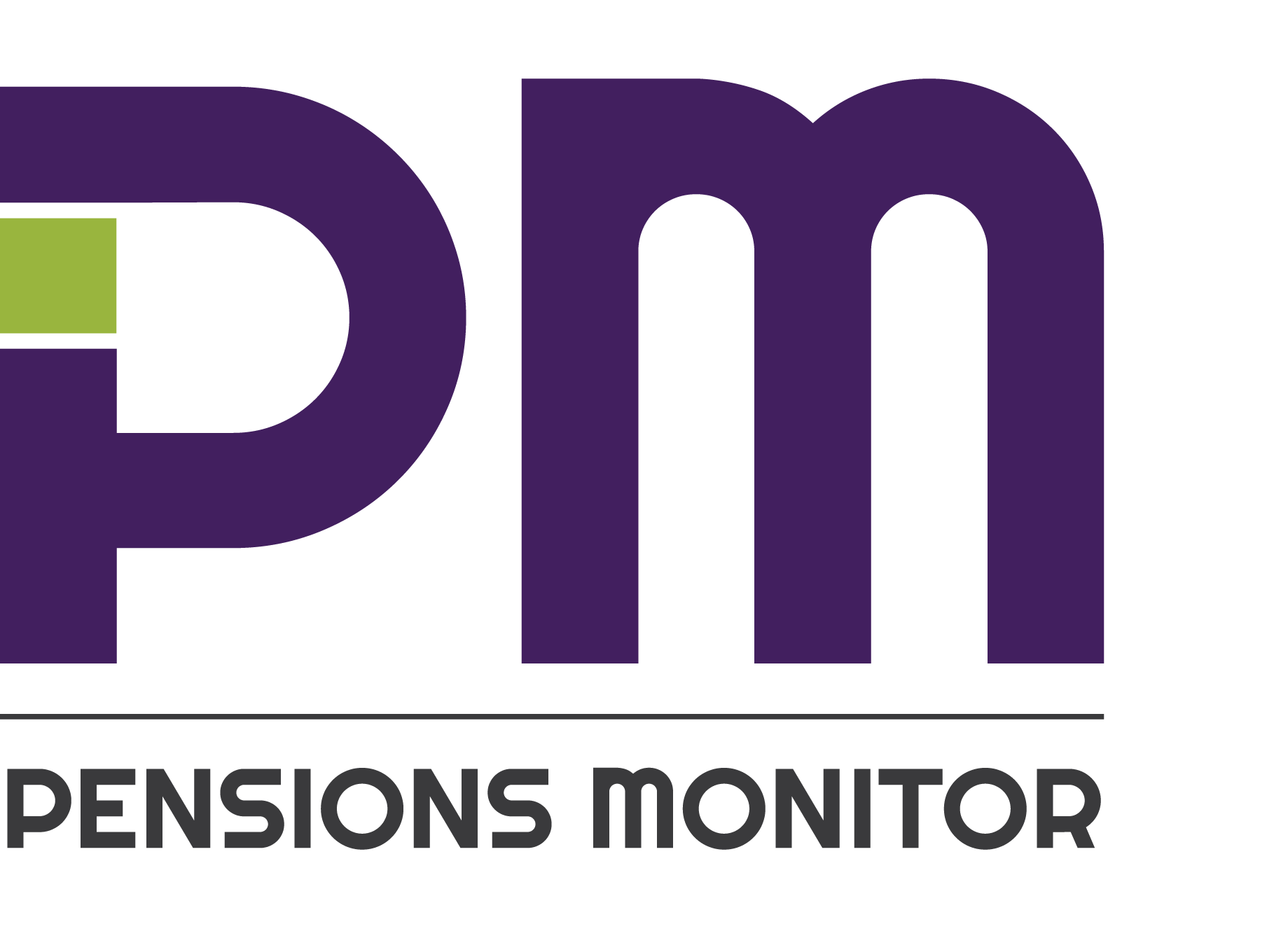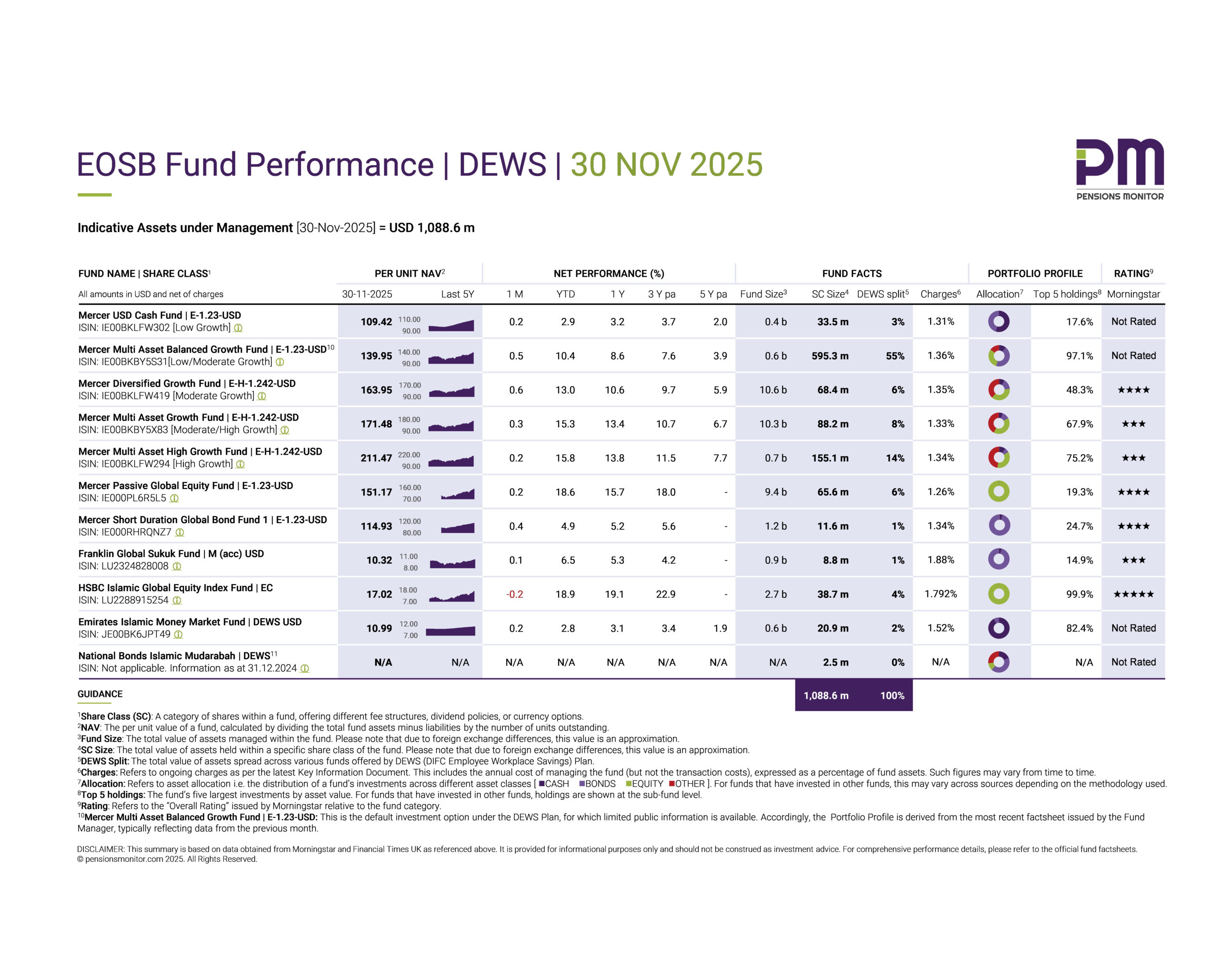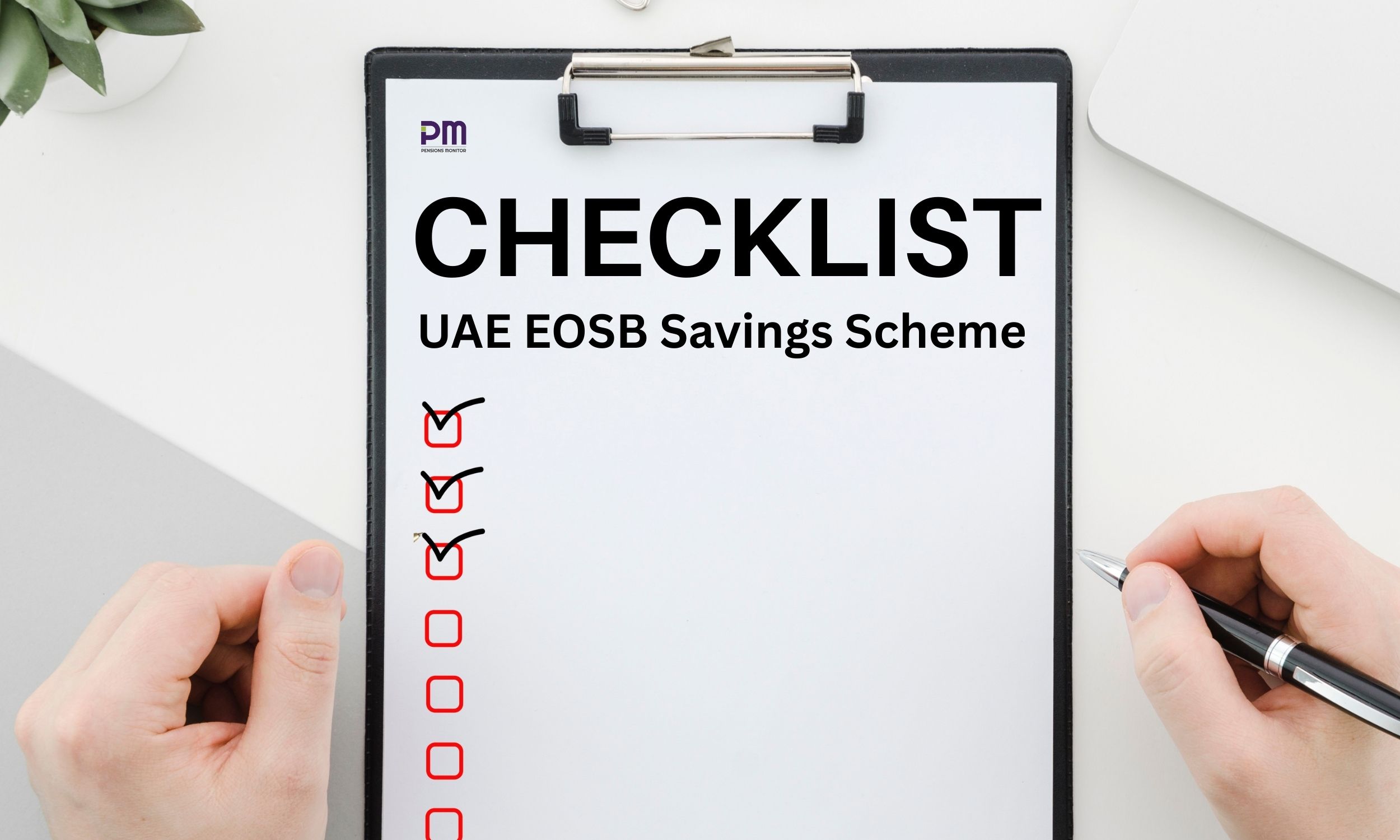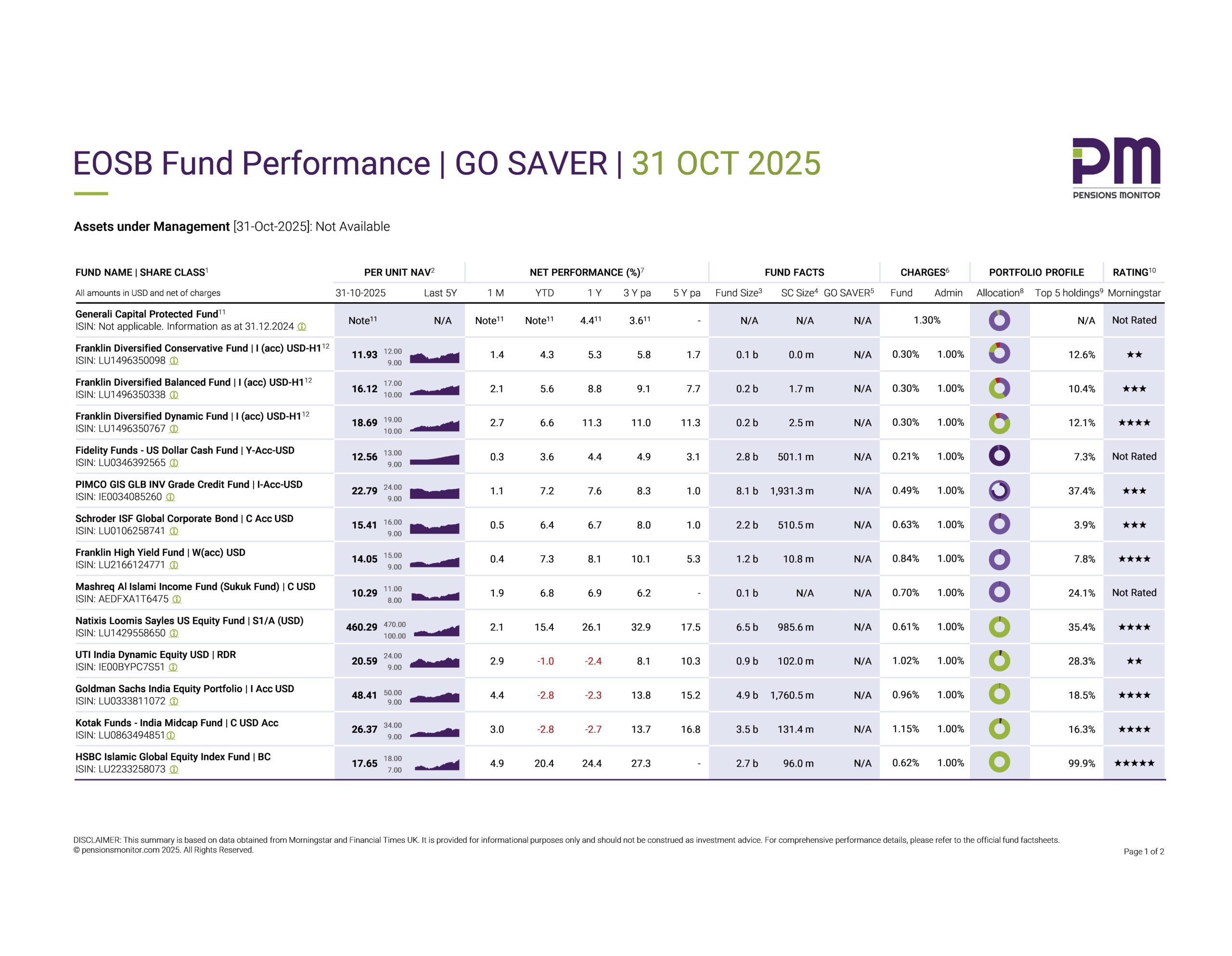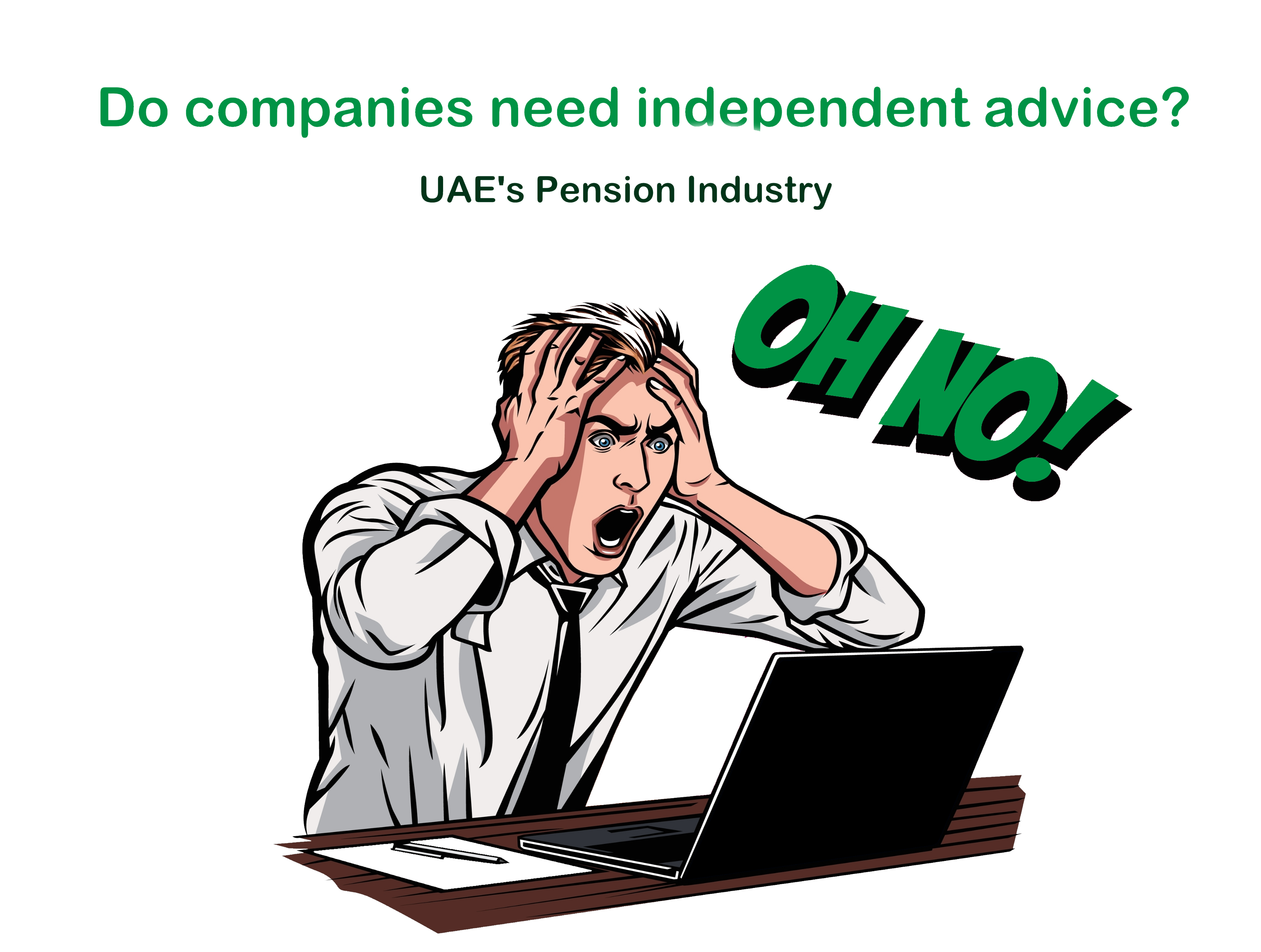
The new End-of-Service Savings (EoSS) scheme or the corporate pensions industry in the UAE as we like to call it, is slowly taking shape. As announced previously, the first providers have received their licenses from SCA (Securities and Commodities Authority) and MoHRE (Ministry of Human Resources and Emiratisation). Daman Investments, Lunate, and Hayah Insurance are certain to enter the fray, whilst it is rumoured that several other players are working on a product. This includes National Bonds, ADCB, Emirates NBD, FAB and possibly more.
We at Pensions Monitor think it is high time to ask the question: Once several products are available, who is actually going to sell them? Who will advise companies on the merits of these products and make recommendations on the most appropriate product for the specific needs of a company?
Voluntary phase
First of all, let’s look at the initial phase when the EoSS scheme is voluntary. During this time – and it could last at least a year, possibly two years or more – there is no need for companies to sign up to the scheme. Therefore, the ball is very much in the court of the approved providers to drum up interest in their products.
In this context, we need to look at the different categories of players and their unique strengths and skills (or lack thereof).
Banks like Emirates NBD, FAB and ADCB have a unique advantage as they can talk to an already existing corporate client base. They will train their armies of client relationship managers in this new product and talk to their hundreds if not thousands of corporate clients, and no doubt many companies may sign up to the EoSS scheme as a result.
Pure play Fund Managers like Daman, Lunate and National Bonds will perhaps struggle to some extent as they do not have an extensive existing corporate client base. Nor do they have an army of client relationship managers who can swarm out to talk to CFOs and CEOs about this new scheme. Plus, to complicate matters, their brand names are largely unknown outside the asset management industry.
Insurers on the other hand are strongly positioned like banks. However, to date we have seen very limited engagement from UAE insurance companies in the EoSS scheme despite the fact that in other markets insurers dominate this field.
Nevertheless, we expect this to change in time and more insurers will enter the corporate pensions market in the UAE too, as providing or administering EoSS schemes can be a very profitable undertaking for insurers given their existing corporate client base, and complementary Employee Benefits products such as Group Medical and Group Life. Even more, there are of course huge additional B2B2C cross-sell opportunities to consider too.
Compulsory Phase
Now, when the EoSS scheme becomes compulsory, the rules of the game will change. Instead of providers needing to “push” this scheme, thousands of UAE companies will be required by law to sign up i.e., it will be a “pull” situation where companies actively seek a solution.
One obvious source will be MoHRE that lists all licensed providers on its website with a sign-up link to click through.
However, we at Pensions Monitor are asking ourselves whether this is enough? We think not. How will a small company like a beauty salon with 10 employees be able to make an informed choice on which provider is best? How will a large conglomerate consisting of a dozen companies operating in various fields, with thousands of employees, find the right solution for all of their employees? These are tough questions, meriting a closer look.
How does the insurance industry solve this problem?
In a related market – insurance – there are plenty of insurance brokers who pride themselves in giving best and independent advice about insurance solutions to their clients. And let’s face it, insurance products can be tough and difficult to understand, hence professional advice is a necessity.
Who will do this for EoSS products is unclear. In the insurance industry, there is room for paying a commission to the sales channel, e.g. brokers, or insurance agents. In this way, advice and distribution are taken care of.
For EoSS, we wonder whether remunerated sales channels can actually be created, given the razor-thin margins, and given the pressure from the regulators to keep charges low.
This means, that on the one hand, clients will have access to relatively modestly-priced products, however, there is nobody to sell it to them or to advise them as to the merits of different providers – or whether to switch.
How could the EoSS industry solve this problem?
Advice and sales cannot be free – that must be well-understood by all industry participants. Either the commissions are built right into the product (like the insurance industry does it), or, advice will need to be an extra charge.
This is a problem of course, as many companies will think it’s a smart cost saving not to pay for advice (and then possibly repent the decision later). The insurance industry structure is certainly more robust in this regard.
Sophisticated and large companies might understand the need to appoint a professional adviser to help them to choose from the puzzling products in this very new End-of-Service Savings scheme. That is nothing new, as many large firms even today engage specialist firms for Employee Benefits, (voluntary) pension plans and HR-related matters.
So, who will independently advise companies on EoSS products?
If you, dear reader, have a view on this subject, please do comment or send us an email on info@pensionsmonitor.com. Thank you!
